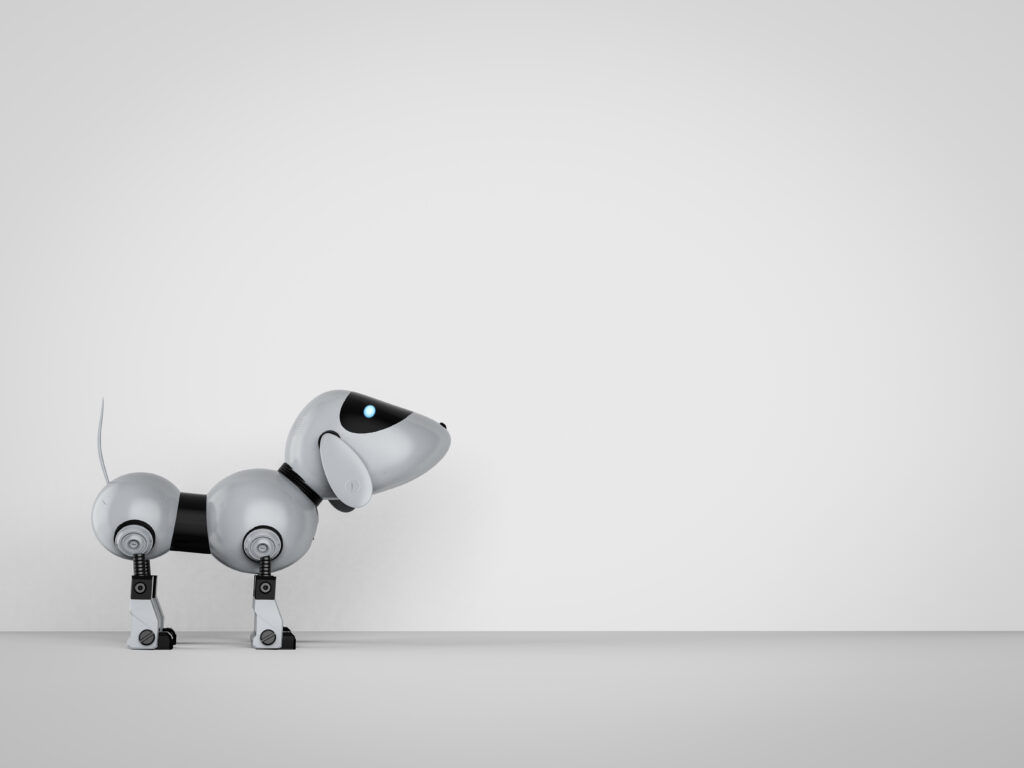
Here are some popular robotic pets that can be helpful for individuals with Alzheimer’s and dementia. They can help loved ones find comfort and fulfill some lonliness for them:
- PARO Therapeutic Robot – a seal-shaped robot that mimics the movements and sounds of a real baby animal.
- Joy for All Companion Pet Cats – a line of stuffed cat toys that mimic the sounds and movements of a real cat.
- Hasbro’s FURREAL Friends – a line of robotic animals that can interact with their owners, including cats and dogs.
- Aibo – Sony’s robotic dog that can perform various tricks and show emotions through its movements and sounds.
- Hi-Tech Robotic Dog from Amazon
- Chongker Stuffed Toy Cat – Purrfect for our Loved Ones
Robotic pets can offer a comforting presence for individuals with dementia, filling a void in their lives that may be left by the loss of their own pets or the inability to care for a live animal. These companions offer a unique blend of social interaction and stimulation, creating a much-needed source of comfort and joy. With their touch, sound, and movement, robotic pets mimic the comforting and familiar presence of a real animal, engaging the individual and reducing feelings of loneliness and isolation.
For individuals with dementia, caring for a pet can be an effective form of memory stimulation, activating memories and emotions associated with past experiences and relationships. The act of caring for a robotic pet can bring back feelings of purpose and accomplishment, which can be especially important for those who may have trouble with daily tasks. Additionally, pets, in general, have a calming effect on people and robotic pets are no exception. They can help to reduce anxiety and improve overall mood for those with dementia, who may experience heightened levels of stress and anxiety due to changes in their ability to communicate or understand their environment.
It is very well worth noting that while these robots can provide comfort and social interaction to people with Alzheimer’s and dementia, of course they should not be considered a complete substitute for professional medical care and attention. They provide supplementary comfort and joy to individuals with Alzheimer’s Disease and dementia.





